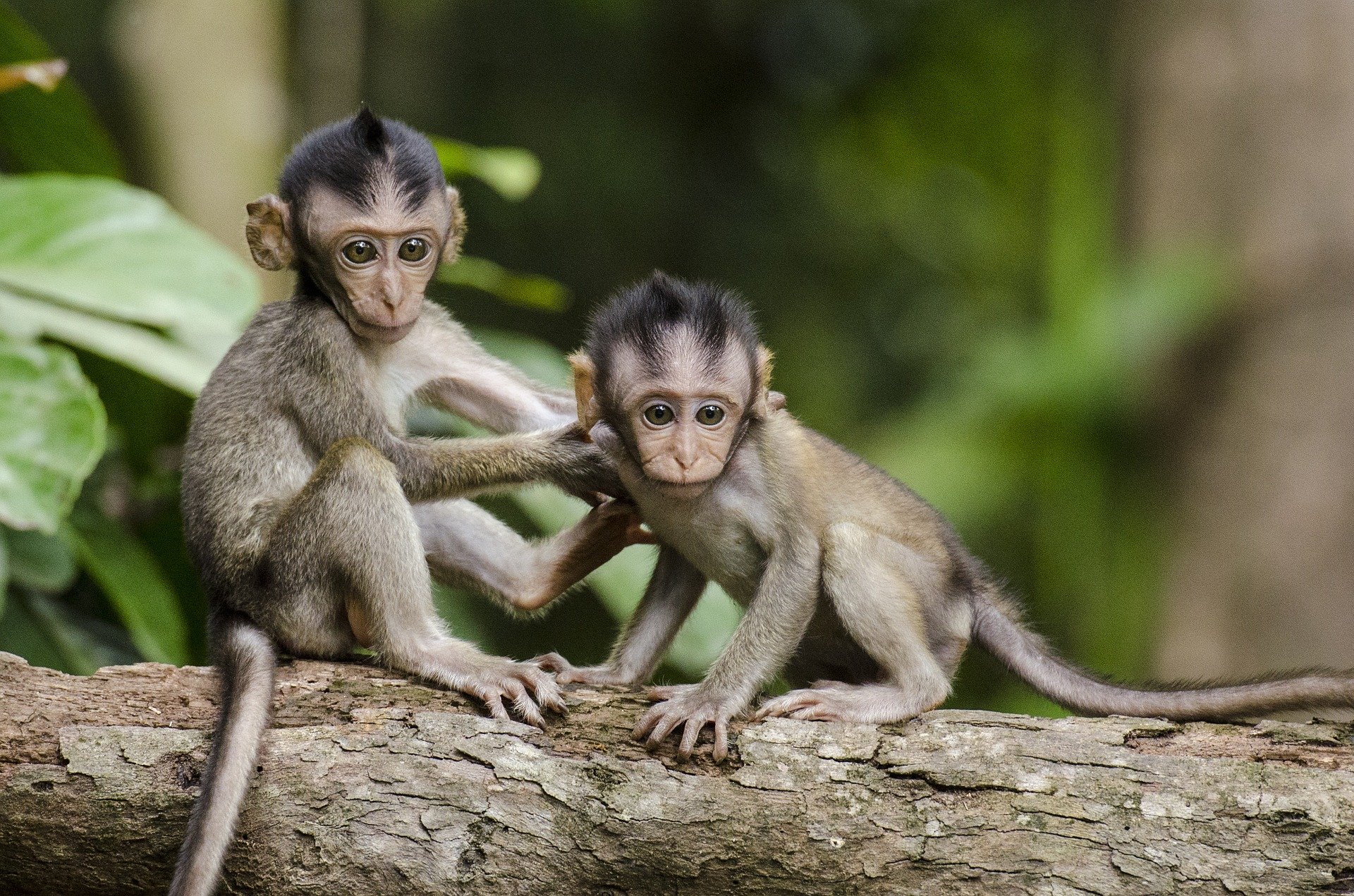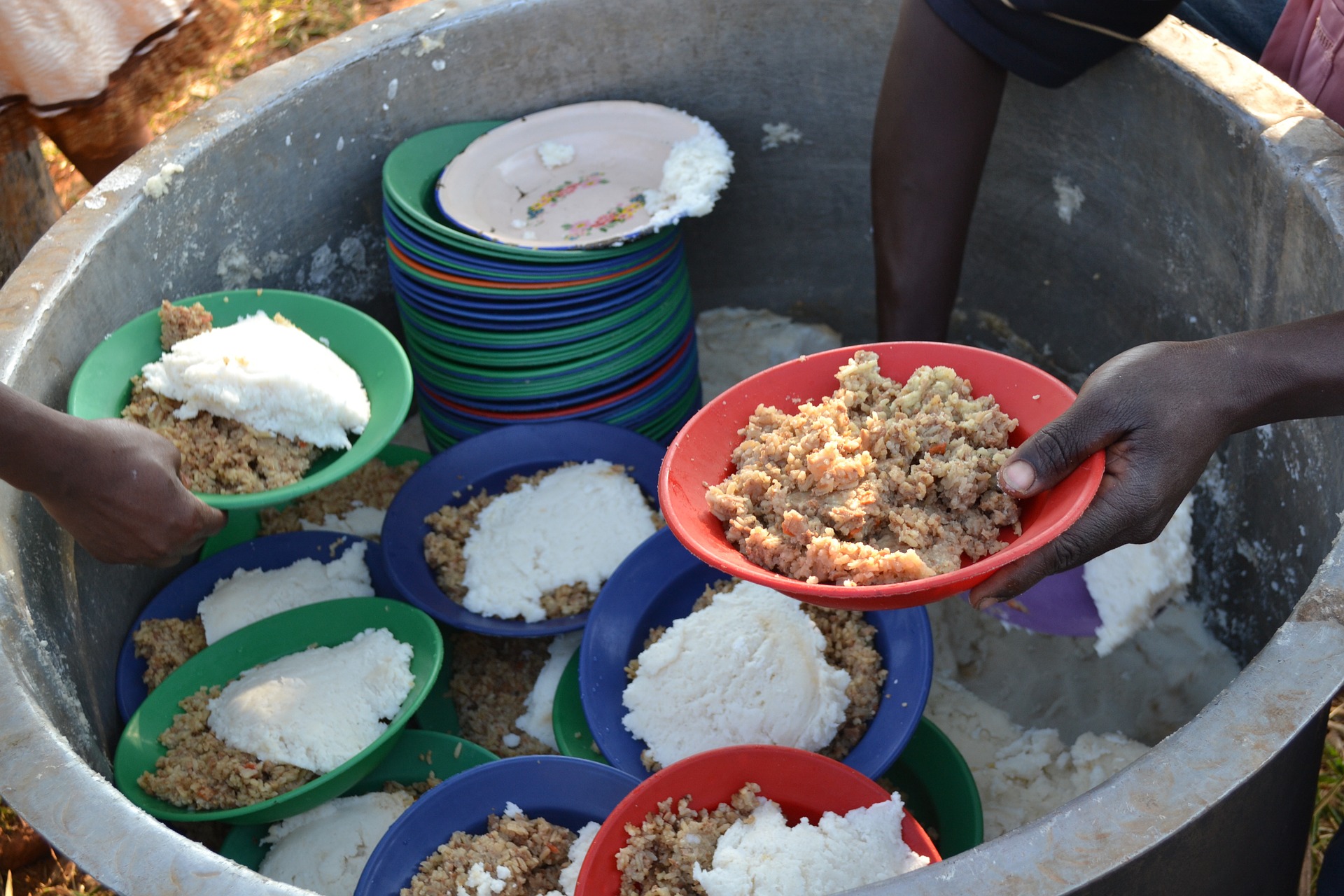Covid-19 vaccine and treatments get tested in monkeys firsts. Only after they show their effectiveness in monkey, humans are given the vaccine shot. But now monkeys are in short supply, The Atlantic reported.
Currently, there are around 100 Covid-19 vaccines in different stages of development. In addition, there are therapies and other drugs which may emerge as potential treatment options for Covid 19.
But all these treatment options’ future depends on a monkey. And scientists in the United States are finding monkeys in short supply.
“Nationally, there is basically a big shortage,” says Koen Van Rompay, an infectious-disease scientist at the California National Primate Research Center. Primate research in the U.S. is expensive and often controversial, making it challenging even in normal circumstances. The pandemic has made acquiring monkeys even harder.
“We can’t find any rhesus any longer. They’ve completely disappeared,” says Mark Lewis, the CEO of Bioqual, a contract research organization that specializes in animal testing. Scientists in academia and industry alike are all competing for a limited pool of monkeys.
Last year, China provided three research monkeys to the US. But, now that crucial supply chain has been severed.
In January and February, China announced a new policy on wildlife trade which put strict strict bans on the transport and sale of wildlife in place. Under this policy, domestic researchers will have to complete a government approval process for access to monkeys.
Apart from the disruption in supply from China, there has been extraordinary demand for moneys for Covid research in many countries. Another factor responsible for money shortage is that these pandemic-related events are exacerbating preexisting monkey shortfalls.
A 2018 National Institutes of Health report had found that NIH-funded national primate centers would be unable to meet future demand and specifically discussed a “strategic monkey reserve” to provide “surge capability for unpredictable disease outbreaks.” A disease outbreak is upon us; the strategic monkey reserve was never created.
The NIH funds seven primate centers nationwide, and the agency now dictates who can access its monkeys through an initiative called Accelerating COVID-19 Therapeutic Interventions and Vaccines (ACTIV).
When scientists ask to test COVID-19 treatments on monkeys at the California National Primate Research Center, which is funded by the NIH, “I have to tell them, ‘I’m sorry, we are not allowed to start your research,'” Van Rompay told The Atlantic. The problem extends far beyond COVID-19 research, affecting all those who want to test treatments on monkeys but don’t study the coronavirus.











